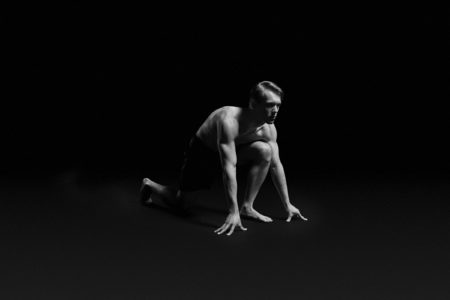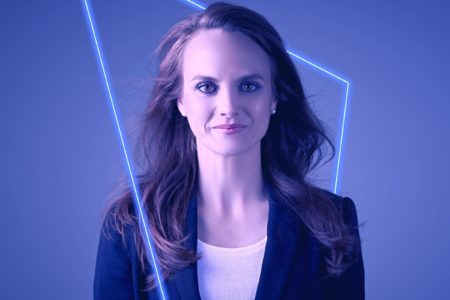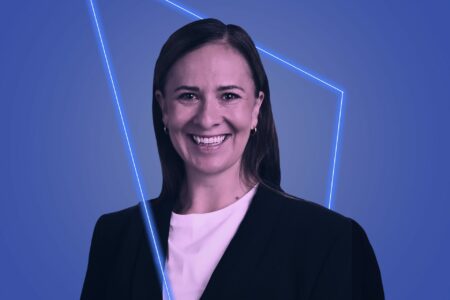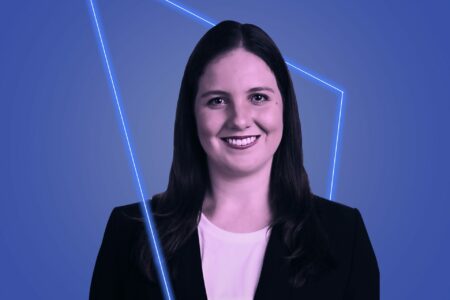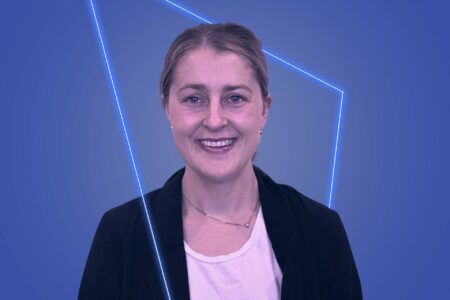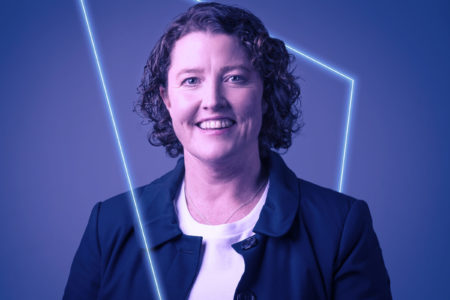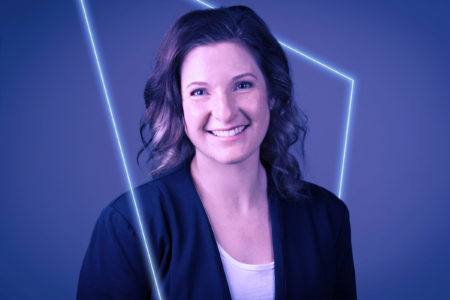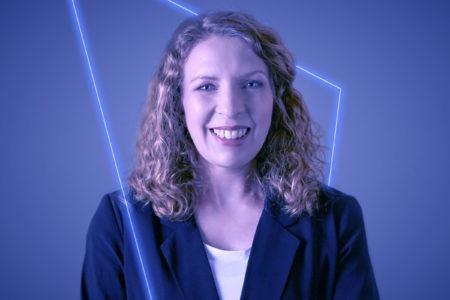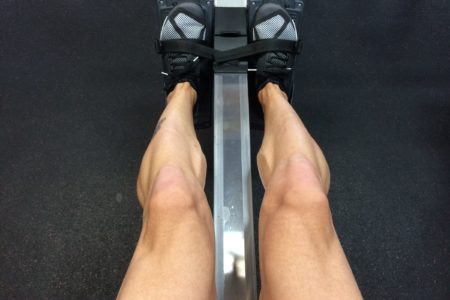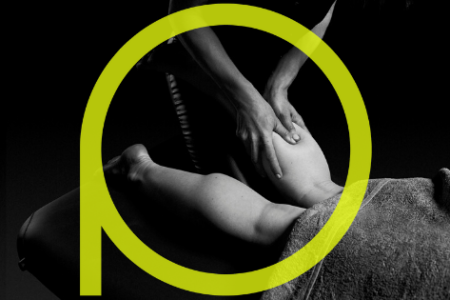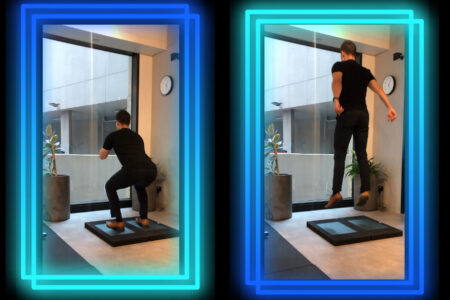Suite 3, Ground Floor, The Gateway,
312 St Kilda Road, Southbank, VIC, 3006
Knee Pain
- Knee ligament sprains
- Meniscus injuries
- Patella dislocation / subluxation
- Patellofemoral pain (PFP)
- ACL tear & reconstruction
Knee Ligament Sprains
There are four ligaments in the knee: anterior cruciate ligament (ACL), posterior cruciate ligament (PCL), medial collateral ligament (MCL) and lateral collateral ligament (LCL). These ligaments, in conjunction with muscle activation, stabilise the knee and limit excessive ranges of motion.
Ligamentous injuries may occur when high levels of torsional force are exerted through the knee joint which may cause the ligaments to stretch or rupture. Symptoms usually include swelling (immediate or delayed), bruising, pain and reduced ability to weight bear.
In severe cases, surgery to repair the ligament is indicated which is followed by an extensive rehabilitation programme to assist you in your return to sport. However, most of these injuries can be managed with physiotherapy alone which will include some manual therapy but predominantly a clear exercise programme; with the aim of then reaching your goal.
Knee Meniscus Injuries
The knee has two moon shaped cartilaginous structures residing between the shinbone (tibia) and the thigh bone (femur). These structures are called the menisci. The menisci help to cushion the knee and act as shock absorbers.
They are at risk of injury in twisting activities where the foot is fixed to the ground; hence the most likely time to injure these is during sport.
Symptoms of a meniscus injury may include pain, minimal swelling, locking of the knee, difficulty weight bearing and clicking. Most of the time meniscal injuries can be managed with physiotherapy involving soft tissue work, joint techniques and a functional strengthening rehab programme. In severe cases, further investigation and surgery may be indicated and your sports physiotherapists can guide you accordingly.
Patella Dislocation/Subluxation
The Patella is the kneecap. It sits in a bony groove of the thigh bone (femur) and within the quadriceps’ tendon. This makes the patella highly mobile within the joint and at risk of dislocation (abnormal separation of the joint) or subluxation (partial dislocation).
Pain, swelling and a feeling of instability in the knee are common acute (early) symptoms following subluxation or dislocation of the patella. In the majority of cases, once the joint is relocated ice, taping or bracing and a clear exercise program will be the best way to manage these injuries. In more severe or recurrent cases, surgery may need to be considered. Your sports physiotherapist is highly qualified to assist you with these injuries and to prevent reoccurrence it is recommended that treatment be sought straight away.
Patellofemoral Pain
PFP is a condition where pain is felt on the front of the knee, around or behind the patella. It is commonly felt with activities such as squatting, running, jumping and going up or down stairs and can limit a person’s ability to participate in their chosen activity or work; forms 25–40 percent of all knee presentations to a sports injury clinic, and can affect people of any age, though studies have shown up to one-third of adolescents report PFP. Treatment for PFP includes specific strengthening exercises for the quads and glutes with a focus on correct technique and control. Ice, taping and orthotics can provide short term relief, your physiotherapist can assess with this accordingly.
ACL tears and reconstructions
The ACL is one of the biggest stabilising ligaments of the knee joint. A sprain or a tear of this ligament typically occurs during slowing down, pivoting movements requiring a sudden change of direction. Netball, downhill skiing and football are therefore common sports associated with this injury.
Symptoms will depend on the severity of damage done, but can include hearing a ‘popping’ noise and feeling instant pain alongside vast swelling within 4-6 hours following injury. You may then experience a giving way sensation as well difficulty bending, straightening and weight bearing on the knee.
Whether you need surgery or not, ACL rehabilitation is very specific and your MSK or Sports Physiotherapist will provide clear advice, education and an exercise plan; with the aim to then returning to sport/ full function.
In cases where surgery is required, your Physiotherapist will liaise closely with your surgeon and will follow an ACL rehabilitation guide that is evidenced based and aimed to return you to sport. Please see this link for more information regarding this guide:
https://www.melbournehipandknee.com.au/pdf/acl-guide-melbourne-hip-and-knee.pdf
Prepatellar Bursitis
Prepatellar bursitis is also known as ‘housemaid’s knee’ and occurs when there are excessive compressive or tensile forces creating inflammation of the bursa: lying between the skin of the knee and the patella. This tends to result in pain, loss of joint range, warmth and swelling around the front of the knee.
Physiotherapy management includes swelling management, biomechanical offloading of the affected area (which may include taping, soft tissue work and joint techniques) and activity modification. Your sports physiotherapist will provide you with a tailored rehabilitation programme to gradually increase your activities and return to full pain free activity.
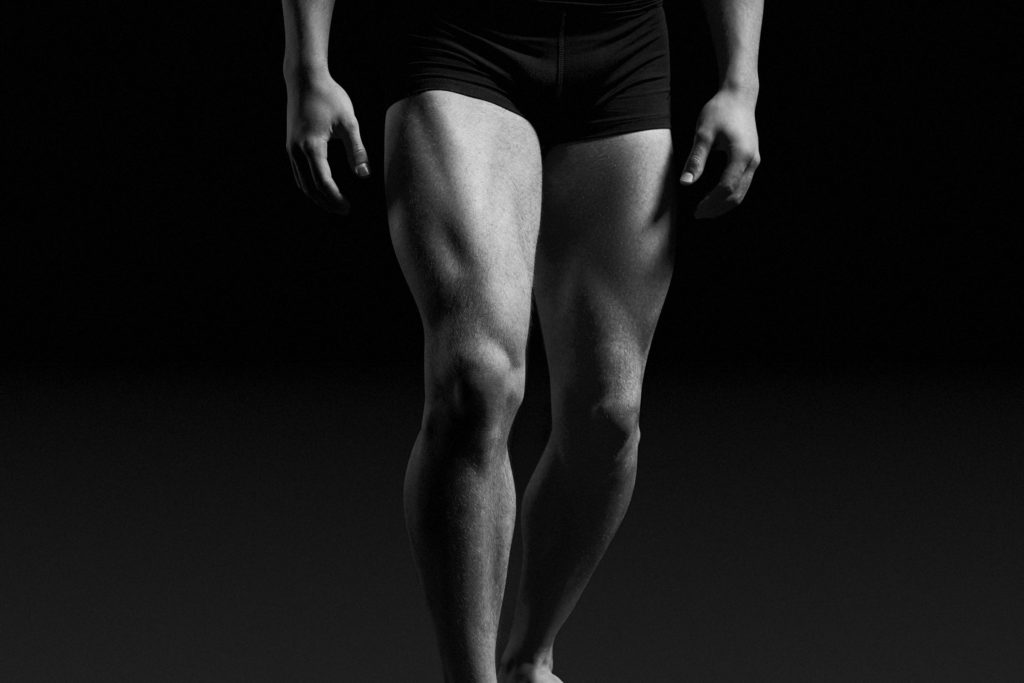
Related Treatments
Related Practitioners
Dr Suleiman Halabi (he/him)
Sports Doctor - M.B.B.S.
Rhea Torres (she/her)
Physiotherapist - DPT. BNSc. BSc.
Annie Strauch (she/her)
Managing Director - Titled Physiotherapist - MACP
Nino La Scala
Titled Physiotherapist
Elise McMahon (she/her)
Physiotherapist
Letitia Reus (she/her)
Physiotherapist - APAM
Elissa Petesic (she/her)
Physiotherapist - APAM
Emily McLean (she/her)
Physiotherapist - B.Physio Adv. (Hons), Masters of Sport Physio
Stephanie Zamoyski (she/her)
Senior Physiotherapist - B..HthSci & M.Phty
Maria Anagnostou (she/her)
Clinical Director Sydney - Titled Physiotherapist, MACP
Zeba Haroon (she/her)
Physiotherapist
Chris Minto (she/her)
Senior Physiotherapist
Dr Brea Kunstler
Physiotherapist & Run Coach
Polly Dhar (she/her)
Senior Physiotherapist - APAM
Nicole Reynolds (she/her)
Senior Physiotherapist - APAM
Dr Kathy Yu (she/her)
Sports Doctor - M.B.B.S.
Stacey Kipouridis (she/her)
Physiotherapist - APAM
Catherine Etty-Leal (she/her)
Clinical Director Melbourne - Titled Physiotherapist, MACP

